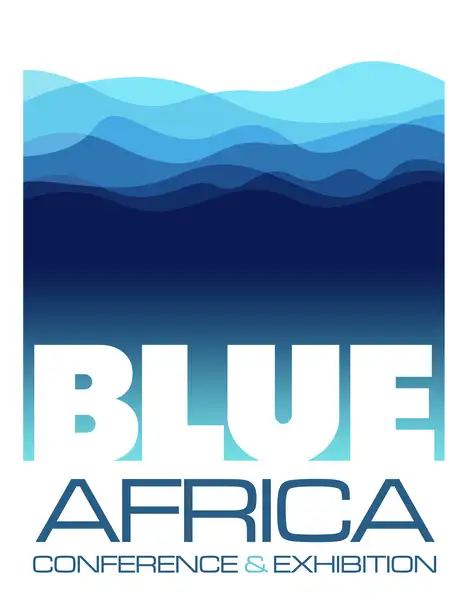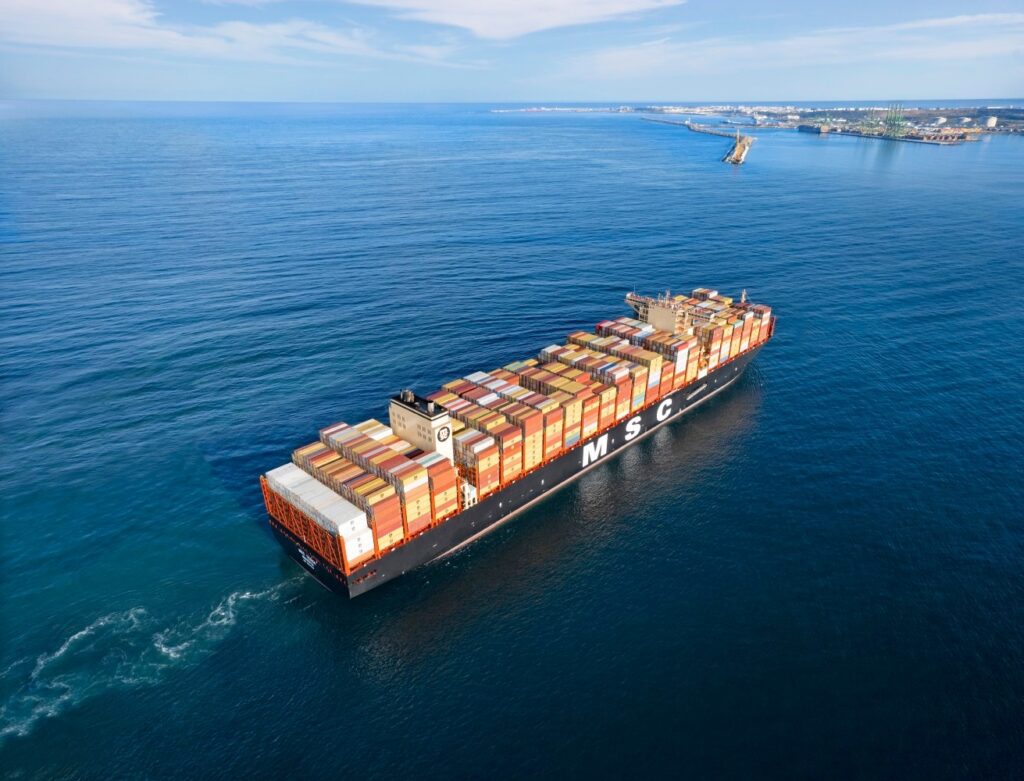Arctic waters are challenging to navigate due to ice, weather conditions, insufficient chart information and limited infrastructure.
by Blue Africa News
Mediterranean Shipping Company (MSC) has reaffirmed its commitment to avoid the Northern Sea Route (NSR), stating that the passage remains underdeveloped for commercial shipping as safe navigation and transit cannot be guaranteed.
The Northern route extends for about 5,600 km (3,480 miles) within Russia’s Exclusive Economic Zone (EEZ) and it is considered an alternative to the Suez Canal, reducing the sailing distance between Europe and Asia by up to 40% in comparison to the Suez Canal route.
However, challenges abound on the route, with navigation being hindered by sea ice, harsh weather, limited infrastructure, and the need for icebreaker support.
MSC in a statement dated September 29, 2025 said an increase in Arctic transit traffic, may also impact the fragile ecosystem of the region and the ice caps, necessitating its decision to avoid the route.
“More ships transiting the Northern Sea Route could also affect remote Arctic communities by congesting existing shipping lanes and slowing down necessary traffic, which is an essential lifeline for their survival and prosperity,” the firm said.
“Furthermore, there is no operational reason for our fleet and standalone network to transit the Arctic, as we have the capacity and means to safely and reliably transport customer cargo globally without using the Northern Sea Route.”
Arctic waters are extremely challenging to navigate due to ice, weather conditions, insufficient chart information, and limited infrastructure.
In July 2024, MSC reiterated its commitment to not use the Northern Sea Route as a shipping lane, “a stance we believe the entire shipping industry should adopt.”
The company noted that using the route was risky, since search-and-rescue and pollution response resources were distant, “meaning our ships and crews would be largely on their own.”
“We understand that Arctic communities depend on shipping, and we should not burden its essential traffic with unnecessary transits. There is no shortcut to the decarbonization of shipping,” the company stated.
NSR runs from the northernmost parts of the North Sea, across the icy waters of the Arctic Ocean north of Russia, east to the Chukchi Sea and Bering Straits where access to the North Pacific is reached, with several channels in the passage being classified as international.
The route extends for about 5,600 km (3,480 miles) within Russia’s Exclusive Economic Zone (EEZ) and it is considered an alternative to the Suez Canal, reducing the sailing distance between Europe and Asia by up to 40% in comparison to the Suez Canal route.
However, challenges abound on the route, with navigation being hindered by sea ice, harsh weather, limited infrastructure, and the need for icebreaker support.
Oliver Ochieng, Blue Africa News

